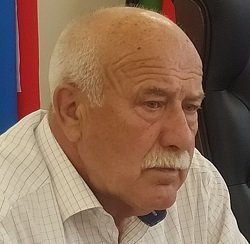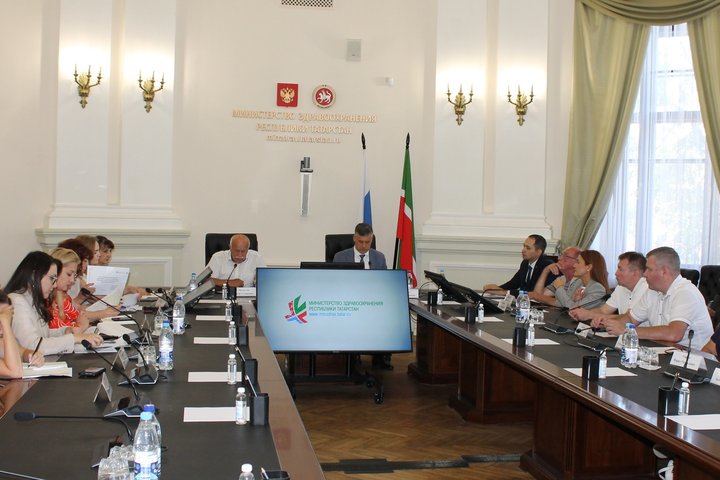Tatarstan health care to face shortage of managers
The implementation of goals and objectives of the Ministry of Health of the Republic of Tatarstan for 2024 were discussed in Kazan
Only a fifth of cancer cases is detected in Tatarstan as part of clinical examination of the adult population. This comes from the information presented at a meeting of the Public Council under the Ministry of Health of the Republic of Tatarstan on 16 July, which was dedicated to the implementation of the ministry’s goals and objectives for 2024. Its participants also discussed other topical health care issues. The report from Realnoe Vremya talks about missed regular medical examination opportunities, a lack of reserves of drugs for the treatment of cancer patients and an impending shortage of management personnel in state medical institutions against the backdrop of the republic’s successes in the fight against a shortage of personnel in public health care.
The modest role of medical examination
At the beginning of the meeting, its participants stated a disappointing fact: the death rate in Tatarstan as well as in Russia in general is growing. However, it is not growing as fast as in some other regions. Then, the speakers explained how the main goals and objectives the Ministry of Health of the republic were facing in 2024 were solved.
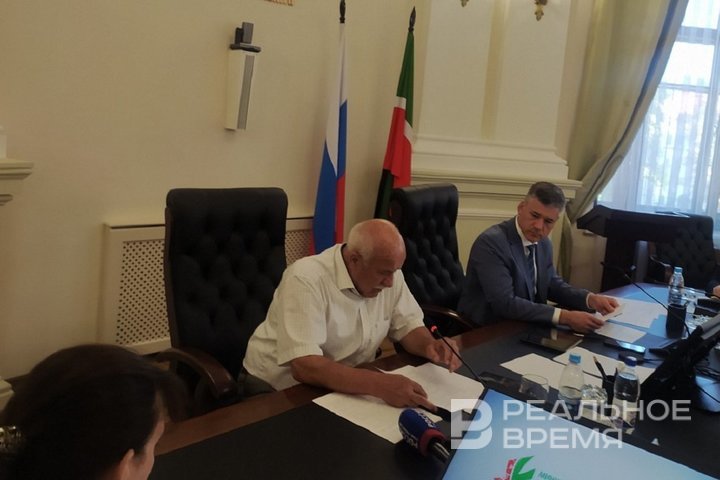
Representative of the Republican Cancer Centre Kamil Shakirov presented statistics characterising the implementation of one of the main goals and objectives of the ministry for 2024, that’s to say, to ensure early diagnosis of cancer as part of regular medical examination of the adult population and detection of malignant neoplasms in stage one and two in at least 60% of cases.
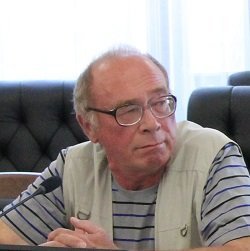
In Tatarstan, research is being done to identify breast, cervix, colon and prostate gland cancer — these types account for 36.2% of all newly diagnosed diseases in the republic. For the mass detection of other types, there are currently no developed methods for the early diagnosis of cancer, Shakirov noted, with the exception of skin cancer, which is detected visually. Therefore, when carrying out medical examinations, they are guided specifically by them. He pointed out that the proportion of early stages of cancer detected during clinical examination in the first half of 2024 was 1.9% higher than among patients identified during the current activities of medical organisations: 78.5% and 76.6% respectively.
However, in general, as follows from the data provided by Kamil Shakirov, during medical examination in the first half of 2024 in Tatarstan, only 11.6% of cases of malignant neoplasms were identified (1,008 cases out of 8,689). But this is more than duringf the same period in 2023 (10.5%) — 891 cases out of 8,453.
But the lion's share of malignant neoplasms — 78.5% — that were identified during clinical examination in the first half of 2024 were detected precisely in the early stages. And this share is growing — for the same period in 2023 it amounted to 71.7%.
“A person should feel that they are taken care of!”
Farid Safin, a Member of the Commission on Economic Affairs and Infrastructure of Citizens' Life of the Public Chamber of the Republic of Tatarstan Farid Safin recalled that compared to modern Kazan hospitals and medical centres, medical institutions in the regions look bad and they are poorly equipped, and added:
“I would like to write down in the protocol that this problem must be solved... A person should feel that they are taken care of!”
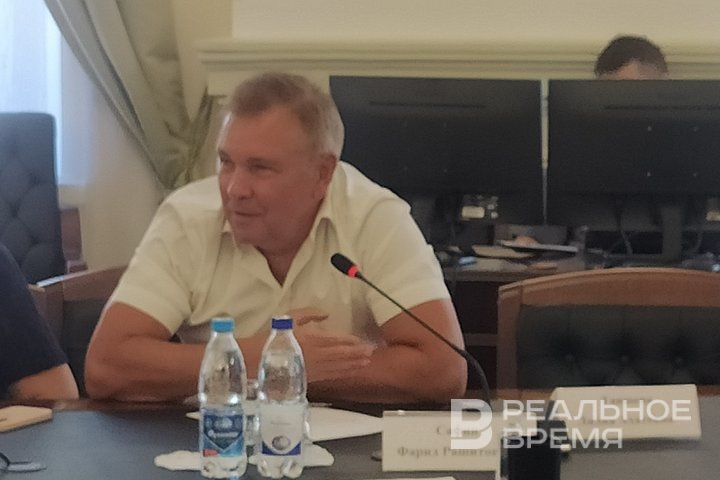
His colleagues in the Public Chamber supported him. In particular, recalling that it takes a patient two months from the moment a patient goes to a doctor with suspected cancer until treatment is prescribed. First, the person makes an appointment with a GP whose average appointment waiting time is two weeks, only then the GP refers him further, and in fact, medical advice is provided only after two months, which is unacceptable for such a disease, in the fight against which it is a matter of days.
In addition, it turned out that successes in identifying cancer have a negative side: drugs used to treat cancer are purchased according to plan, and if more diseases are detected at an early stage, help is delayed and then precious time for treatment is lost.
The Ministry of Health also had the task of increasing the coverage of medical services in centres for in-patient observation of patients with diseases of the circulatory system from 70% to 80% of the total number of such patients under in-patient observation.
Statistics and mathematics
If you believe the figures announced today, the Ministry of Health has almost managed to cope with the staff shortage. At a meeting of the State Council Committee on Budget, Finance and Taxes in November 2023, Deputy Minister of Health Ildar Fatikhov said that Tatarstan lacks 1,300 doctors, and named the most troubled areas: there was an urgent need to find 297 paediatricians (including including 120 GPs), 278 GPs, 150 anesthesiologists, 118 oncologists, 90 psychiatrists, 64 infectious disease specialists, 54 ambulance doctors and 44 pathologists.
And representative of the Ministry of Health Care Alsu Iskhakova said that in 2023, 6,006 doctors worked in outpatient clinics of the republic. It is easy to calculate that the deficit then was at least 14%. Now, according to her, 8,011 doctors work in outpatient settings and the staffing level has reached 94.5%, that is, the shortage of doctors is only 5.5%.
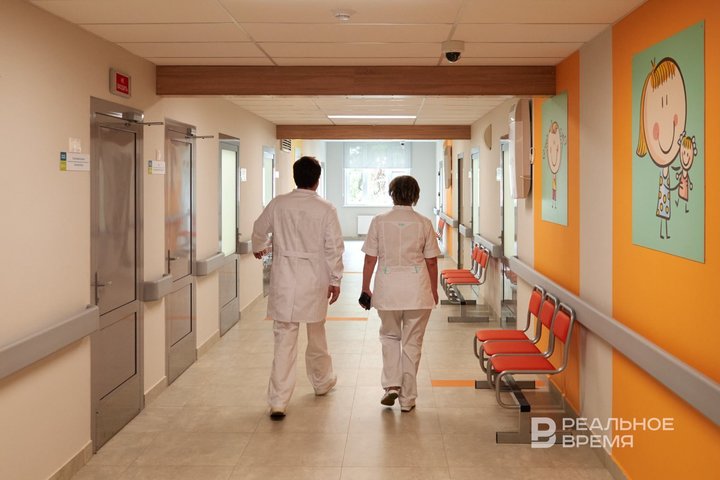
At the same time, according to the current data from the Ministry of Health Care, in 2023, the staffing of outpatient clinics with doctors reached 94.1%, and the shortage of personnel was only 5.9%, and these figures do not beat the November statistics announced by Fatikhov in the State Council. This is some interesting mathematics.
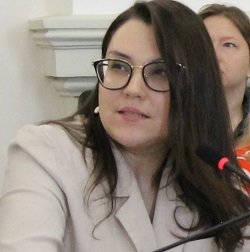
Also, according to her, in 2024, the Ministry of Health Care sent an application to the State Housing Fund under the Rais of the Republic of Tatarstan asking to provide housing for 113 health care workers in a priority manner.
About salaries, additional payments and lack of management
Head of the Economic Analysis Department of the Ministry of Health Care of the Republic of Tatarstan Guzel Khaybullina spoke about high salaries of doctors. She emphasised that the ministry had the task of “keeping the ratio of the average salary of doctors and paramedical personnel in line with the average salary in Tatarstan — at least 200% and 100% respectively.”
Taking into account internal part-time work (isn’t this the secret of the high supply of personnel for the republic’s medical institutions?) and remuneration within civil contracts, the average salary of doctors in public health institutions of the Republic of Tatarstan in the first half of 2024 amounted to 110,800 rubles, and the average medical personnel’s salary is 56,300 rubles, which corresponds to the indicators established by the decree of the President of Russia as of 7 May 2012 No. 597, Khaibullina highlighted clarifying that the average monthly income in Tatarstan for the first quarter of 2024, according to the Tatarstan Statistics Service, was 54,667 rubles.

At the end, the discussion of doctors’ salaries suddenly changed its direction. The meeting participants started talking about the fact that the personnel shortage affected positions such as the chief physician and the head of medical services.
